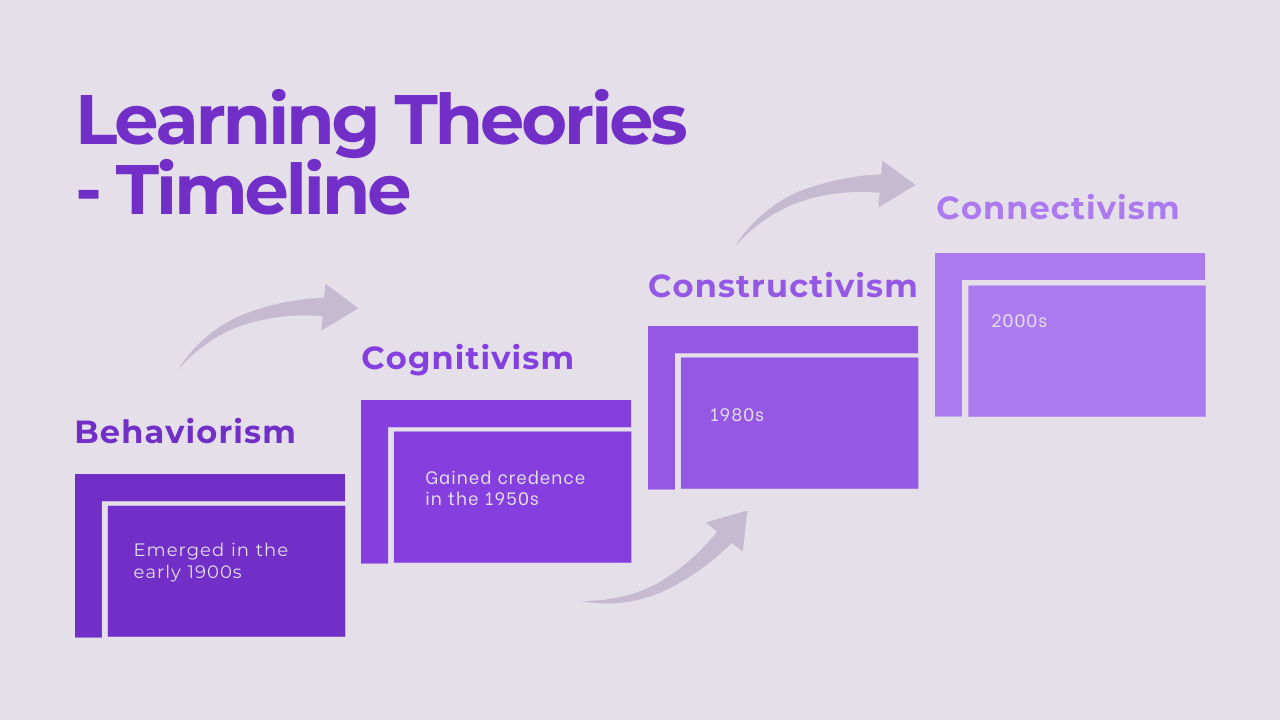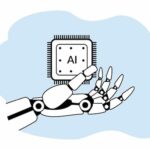Welcome to Blog 2!
For this week’s blog, I am discussing the different theories of learning, a brief history of educational technology, and the evolution of learning theories and how they integrate into distributed and open learning.
Open Learning Principles
Open learning is an approach to learning that uses technology to make educational resources easily accessible and inclusive for learners. These are primarily due to the main principles of open learning such as:
- Flexibility
- Community Collaboration
- Removing Financial Barriers
- Self Pacing
These different principles remove costs by providing online workspaces and more online resources that are easy to access from different locations. Many schedules may also be self-paced with online learning, making it appealing to learners who have a busy work-life balance. Schedule flexibility is a crucial aspect of transforming educational outcomes.
As a biology student, open learning made my courses more accessible while I was having to work, travel out of town, and balance a full course load. Programs such as Discord allowed me to collaborate with my classmates enabling more ways to study. I have also had the chance to use open learning programs offered by institutions aside from UVIC to have more classes to choose from.
Community collaboration also creates environments and platforms that boost inclusion for diverse learners. This collaboration can build support and a positive approach to learning.
The link below is an open learning program I am currently using outside of UVIC that is flexible and self-paced:
https://www.tru.ca/distance.html
For the reader, are there any useful open resources/ programs that have assisted your educational journey?
Innovation and Advancements
Historical advancements have shaped and impacted modern educational tools. For example, chalkboards or whiteboards. This influenced and led to the development of digital writing and printing, which has been utilized over the past two decades.
Chalkboards enable writing to be captured and displayed to other learners. Not only is this hugely beneficial, but it also influenced future technology and writing. This has led to different teaching styles and approaches, allowing chalkboards to be still incredibly useful in online classes and seminars.
This influence also began a shift from traditional to digital platforms. For example, chalkboards and whiteboards led to online pages and writing that also serve the same purpose, to display writing and information to others. This way of learning has shifted to become more accessible and open. This has transformed the educational setting by allowing students to review posted information and take it home on their computer rather than it being exclusive to the board on which it was written. Overall this enables easier access to displayed information, making it more accessible and shareable in inclusive environments.
Below is an interesting video showing the influence of the chalkboard:
Connecting Theories and Developments
Learning theories such as constructivism, behaviourism, and connectivism help shape and develop modern practices. Behaviourism is the observable response to a specific environmental stimuli, which is a common theme in reward-based games.
From my personal experience, learning French was a challenge. However, websites such as Duolingo made it easy and readily accessible. I was rewarded for signing in and learning, and could access it anywhere online at any time. This is very similar to an online course, which exhibits connectivism and social interactions.
Below is a blog that dives into the origin and fundamentals of learning theories:
Multimedia Resources
Multimedia resources in education can provide alternate open learning resources. These resources exhibit:
- Inclusivity by Customization
- Engagement
- Diversity and Interaction
A strong example of multimedia that promotes education, community contribution and inclusion is podcasts. Educational podcasts are incredibly useful, as they are mostly audio-based, which enables multitasking. This also promoted educational opportunities when driving or walking to class. This makes it flexible and immersive, as communities are also created around specific podcast topics.
For the reader, do you think podcasts could help motivate your educational journey?
Below is an educational podcast I found that discusses health education and habit misconceptions:





